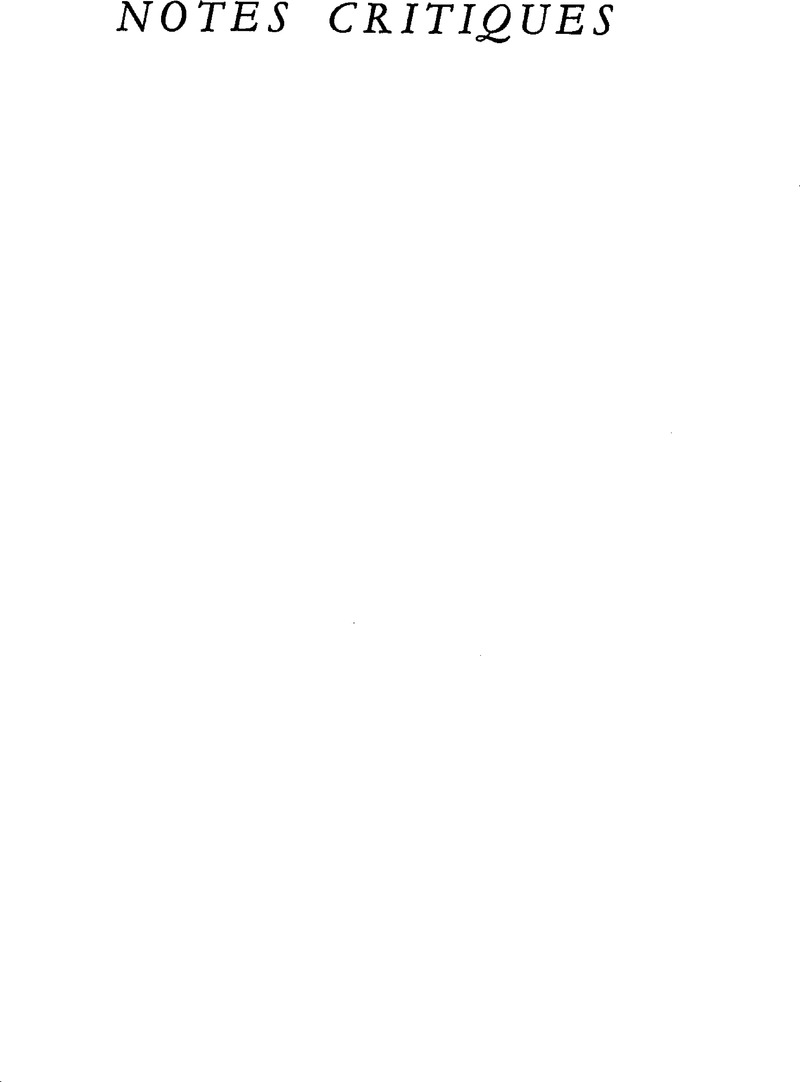No CrossRef data available.
Article contents
« Chosisme » A Socio-Psychological Interpretation
Published online by Cambridge University Press: 28 July 2009
Abstract

- Type
- Notes Critiques
- Information
- European Journal of Sociology / Archives Européennes de Sociologie , Volume 4 , Issue 1 , May 1963 , pp. 127 - 147
- Copyright
- Copyright © Archives Européenes de Sociology 1963
References
(1) Barbu, Zevedei, Problems of Historical Psychology (London, 1960).Google Scholar
(2) Febvre, Lucien, Le probleme de l'incroyance au XVIe siècle. La religion de Rabelais (Paris, 1947).Google Scholar
(3) Butor, Michel, Répertoire (Paris, 1960).Google Scholar
(4) “Trends in Affectlessness”, in Personality, Culture and Society, ed. Kluckhohn, C. and Murray, H. H., (New York, 1956).Google Scholar
(5) Love and Death in the American Novel (New York, 1960).Google Scholar
(6) At this stage it is relevant to clarify a point of principle by a short comparative reference to a well known sociological study of the modern novel, namely, G. Lukács' The Historical Novel. This is all the more necessary as Lukács covers approximately the same historical period.
Lukács is a “refined” Marxist. He sees the development of the historical novel in terms of a plurality of variables, such as the historical position of the bourgeoisie and of the working class, the political and ideological expression of class relations, the class identification of various writers. On the basis of this complex scheme he distinguishes three main periods in the development of the historical novel representing three basic fictional expressions of modern society.
However, despite its refinement this is in essence a rigidly class-centred approach Its shortcomings become particularly apparent when Lukács tries to establish subtle differences between various artistic styles, as for instance, between Realism and Naturalism. He cannot maintain his point of view without becoming highly abstract and dogmatic.
Though terms such as “bourgeoisie” and “working class” are often used in my study, the basic approach is a personalitycentred one. My main concern is to show how the various stages in the development of the modern novel express the prevailing personality structure in modern society. Thus, the conceptual frame of reference of my sociological analysis of the modern novel is considerably broader than that of Lukács', for the simple reason that the personality structure prevailing in a certain society depends on a great variety of factors, social, cultural, technological and psychological, of which class structure is only one.
(7) L'ouvrier d'aujourd'hui (Paris 1960).Google Scholar
(8) Homans, G. C., Paper read at the Scottish [Sociological [Association, 11 1956.Google Scholar
(9) Bonhoeffer, D., Letters From Prison, London.Google Scholar
(10) Müller, H., Von der Kirche zur Welt (Leipzig, 1961).Google Scholar




